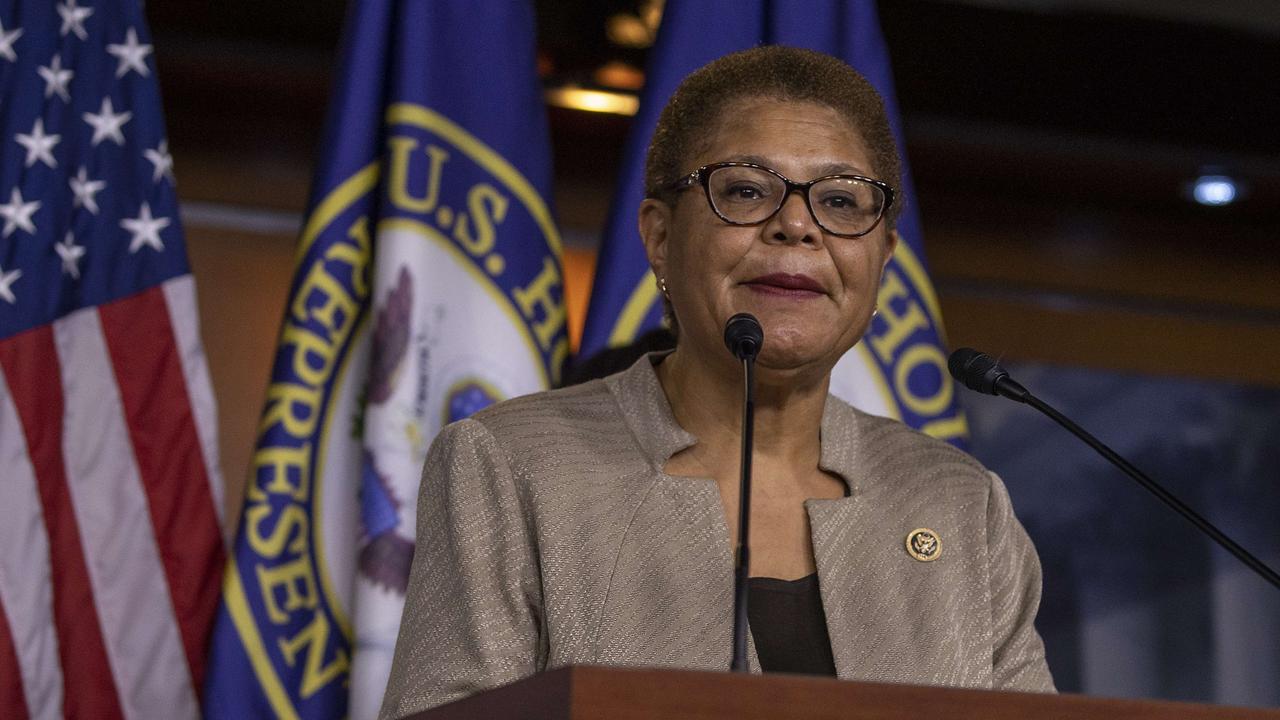Why Friedrich Merz – the only man who may save Europe – should be next German chancellor

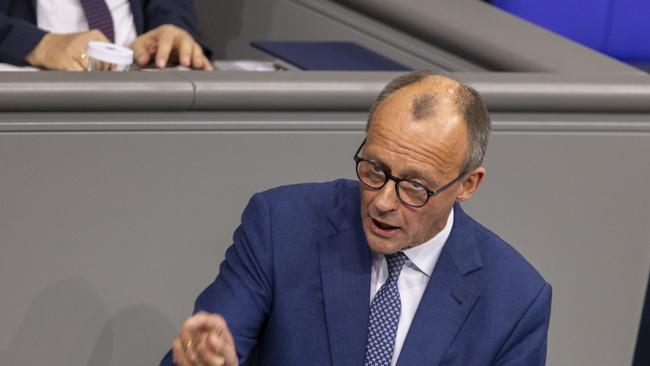
“You have to understand,” Angela Merkel said to me years ago, “that in German the word for debt, Schuld, is also the word for guilt. Debt and guilt are closely related in our minds.”
Events in recent weeks have borne that out. The collapse of the three-party coalition government in Berlin was triggered by an argument over the “debt brake” in the constitution that limits government borrowing. Even though Germany’s total national debt is 63 per cent of GDP, compared with 100 per cent in Britain and 110 per cent in France, any idea of taking it higher brings trauma.
Germany has been rendered weak and rudderless until elections in February. Chancellor Scholz is deeply unpopular at home and has been unimpressive abroad, placing a phone call to President Putin two weeks ago that signalled weakness at the heart of Europe.
As Angela Merkel’s memoir is published this week, her own record is assailed for poor judgments about dealing with Putin, ending nuclear power and admitting large numbers of refugees.
A national model that relied on energy from Russia, growth from China and security from America suddenly faces being bereft of all three. The country that has been the powerhouse of the continent for decades is depressed and divided.
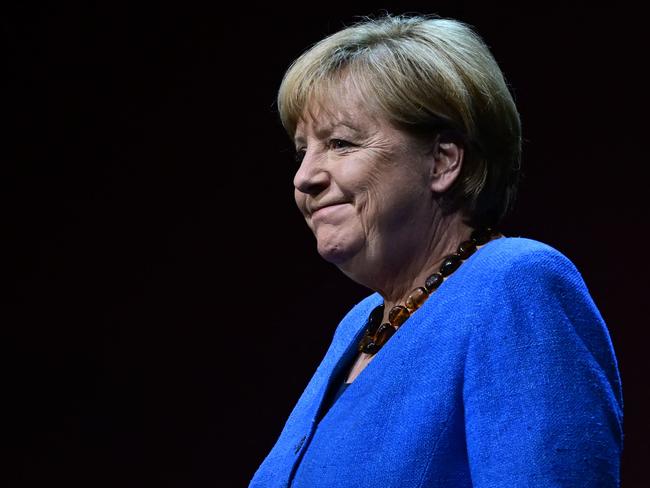
Yet my early memories of visiting Merkel as she emerged as a leader in the late 1990s are coupled with those of her then-rival, the more classically conservative Friedrich Merz. Less consensual than Merkel and distinctly further to the right of her politics, he was less suited to his country’s perennial coalition-building and retreated to the business world. Now he is back, at 69, leading the opposition and in all likelihood the next chancellor of Germany. If so, it is on him that the greatest historical burden of leading Europe in the early 21st century is about to fall.
The continent is sliding quickly into a severe crisis. No country but Germany has the power to pull it back from that. Merz, if elected, will be a highly consequential figure. With Donald Trump about to throw transatlantic trade and defence ties into uncertainty, France paralysed by deadlock that might last to the next presidential election in 2027, and Britain limited to influencing its neighbours from outside the EU, only a German chancellor can change the trajectory of European events.
This combination makes the coming German general election a pivotal moment in the future of the continent – and remember that Britain’s security and prosperity is inescapably tied to that continent, whether we like it or not. We have left the EU but we haven’t moved.
That a German election has become critical to the future is not, on the face of it, an encouraging thought. Recent state elections have produced surges in support for the hard-right AfD and a new party, the BSW, which combines hard-left and hard-right ideas in a dreadful concoction.
The usual pattern after a federal election is that months pass before a government can be formed, in a proportional system that looks set to make agreement between the two main parties essential to a new coalition. While the CDU/CSU led by Merz is far ahead, he could come to power after a long delay, with a diluted program, after a record vote for political extremes and too late to affect policies from Washington or events in Ukraine. This does not sound promising.
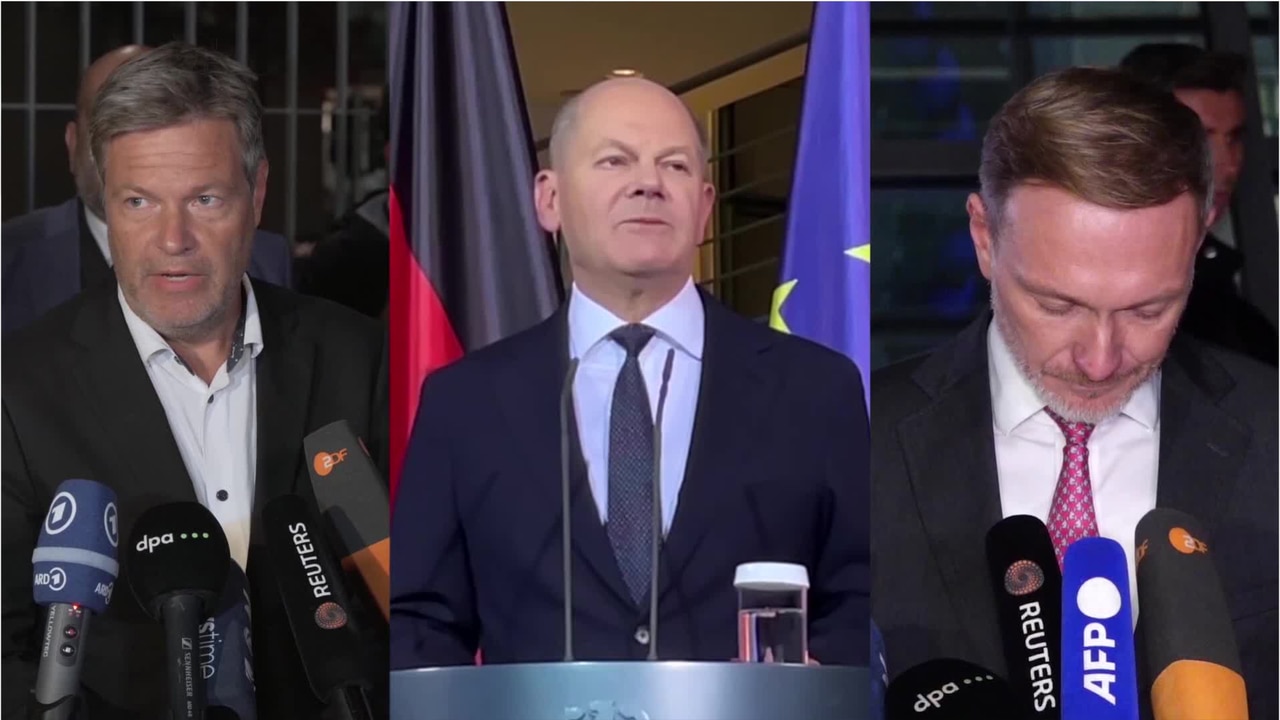
Europe – by which I mean the whole geographic continent, not only the EU – is facing three separate crises, which have developed slowly but are each accelerating: low growth, an aggressive Russia and the rise of mass migration. Unless it can master all three of these, the European system – its political stability, social model, military security and its peaceful societies – are in danger of collapse.
No single country can resolve such crises but neither can they be resolved, even by the EU and all the powers of Brussels, without a strong, resourceful country in the heart of Europe taking a decisive lead. That takes us to one country. And it has one very likely next leader.
Friedrich Merz, we’re all looking at you.
By the time Merz has a chance to take power in 2025, Trump might well have exacerbated the misfortunes of European economies with tariffs. The once-great German automotive industry is particularly exposed. In Ukraine, the expectation of Trump-sponsored negotiations might still be escalating the war, which it is at present, or be leading to the imposition of a humiliating and unsustainable truce. The immigration policies of European countries, cutting deals with north African countries here and closing borders there, may well be chaotic.
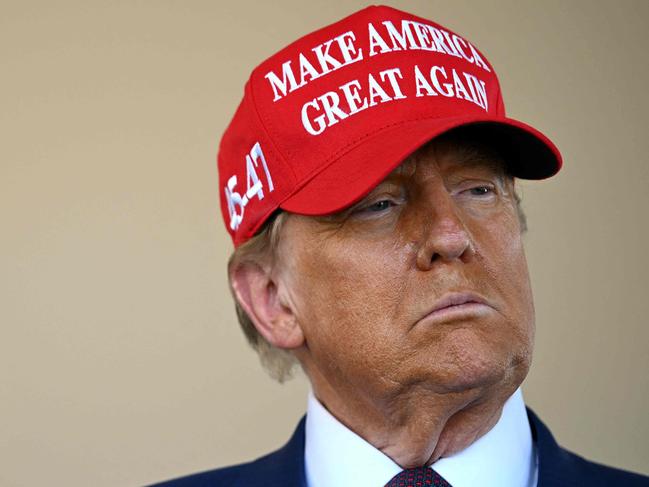
Is it conceivable that Merz could arrive with a sufficient mandate and strong enough policies to address the three great crises and provide some hope?
Yes – if he has a big enough election victory and the confidence to give an international lead, it is possible. This month he opened the door for the first time to relaxing the debt brake, which could allow Europe’s biggest economy to invest more in infrastructure, research and defence. His party is reconsidering its abandonment of nuclear power and he has long advocated lower taxes, less bureaucracy and cheaper energy for Germany to recover its competitiveness.
He has backed the delivery of longer-range missiles to Ukraine, including the German Taurus missile that has been desperately needed for so long, and been clear that “Ukraine must win this war”. There is every reason to believe that he would be a big improvement on the current incumbent.
But what is not yet clear is whether he grasps, or is prepared to say, that his success would depend on giving a lead beyond Germany. The whole of Europe needs a huge drive to invest in AI and digital technology or it will be left behind imminently by the United States, China and the Gulf states.
It needs a step-change in defence industries working together – like last month’s Trinity House agreement between London and Berlin on precision strike weapons – and far stronger armed forces, whatever happens in Ukraine.
It needs new rules and policies to control migration, or freedom of movement within Europe will be at an end.
The Labour government has been right to identify Germany as the key nation with which it should strengthen ties. The question now is whether Germany will identify itself as the only nation that can arrest the collapse of a continent.
Merkel’s book, her first real defence of her record, will be worth reading and debating. But it is the man I visited when I first met her – Merz, sounding so decisive and clear – whom we will now all need to study. It will be up to him whether Germany can escape from its own despair, from its fear of debt and guilt, and give the lead no one else can any longer provide.

